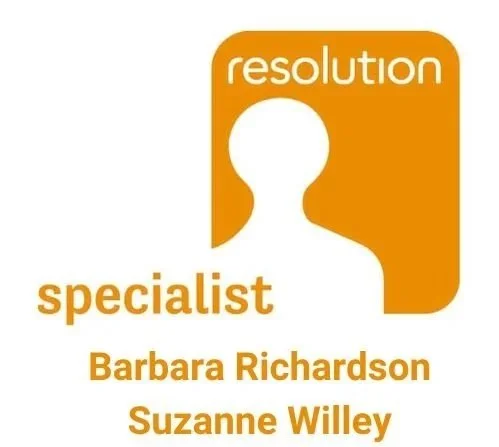With the recent pandemic, and the significant media coverage relating to coronavirus deaths, many of us have become more concerned about our future care, and that of our loved ones, especially if a difficult decision had to be made as to whether or not to resuscitate.
Understanding how the law works in relation to a ‘Do Not Resuscitate’ decision can help to provide us with some much needed peace of mind, and even allow us to make suitable provision in advance to ensure that, if the time came, our dying wishes would be honoured.
What is a ‘Do Not Resuscitate’ order?
A ‘Do Not Resuscitate’ order is an order not to attempt cardiopulmonary resuscitation, more commonly known as CPR. This is an emergency life-saving procedure, typically combining rescue breaths, chest compressions and even electric shocks, that can be carried out when someone has ceased breathing and their heart has stopped beating.
However, when someone’s breathing and heart stops because they are dying from an advanced and irreversible condition, vigorous physical intervention by way of CPR can actually deprive them and those close to them of a dignified death. For some patients this may prolong the process of dying and, in doing so, prolong or increase their suffering.
As such, a ‘Do Not Attempt CPR’ (DNACPR) decision can be made and recorded in advance, to guide those present if a person subsequently suffers a cardiac arrest.
Who makes a ‘Do Not Resuscitate' decision?
While you still have mental capacity as a patient, you can accept or refuse life-sustaining treatment in a number of different scenarios. For example, you might decide that you don’t want to be given antibiotics for a life-threatening infection if you’re suffering from terminal cancer.
It’s only when a patient loses mental capacity that decisions relating to medical treatment become more difficult. This means that if you lose the ability to make your own decisions, for example, you are unconscious or otherwise too poorly to participate in any discussion, unless you have clearly set out your wishes in advance, the decision as to whether or not to resuscitate will need to be made by the leading physician in charge of your care.
In these circumstances, although advice will usually be sought from your next of kin as to what’s in your best interests, the final decision will ultimately lie with the healthcare professionals.
Can a ‘Do Not Resuscitate’ decision be made by family?
Your family cannot refuse life-sustaining treatment on your behalf, not unless you have specifically granted them this power by way of a Lasting Power of Attorney (LPA).
An LPA allows you to appoint an attorney, providing them with the power to make decisions about your health and welfare should you lose the capacity to make these decisions for yourself. It is up to you who you appoint, for example, a relative or close family friend. You can also appoint more than one person, where decisions about your daily care routine can be decided by one attorney, and the bigger decisions about life-sustaining treatment made jointly.
You can record your wishes while you are mentally well, so that any attorney acting on your behalf has some guidance on what decisions you would like to be made. You can also make an ‘Advance Decision to Refuse Treatment’ (ADRT), or a Living Will, in clearly defined circumstances. This will let your family, carers and health professionals know your wishes about refusing treatment if you're unable to make or communicate those decisions yourself.
This will be a legally binding decision that cannot usually be overridden by either your family or your physician.
Legal disclaimer
The matters contained herein are intended to be for general information purposes only. This blog does not constitute legal advice, nor is it a complete or authoritative statement of the law and should not be treated as such.
Whilst every effort is made to ensure that the information is correct, no warranty, express or implied, is given as to its accuracy and no liability is accepted for any error or omission. Before acting on any of the information contained herein, expert legal advice should be sought.










